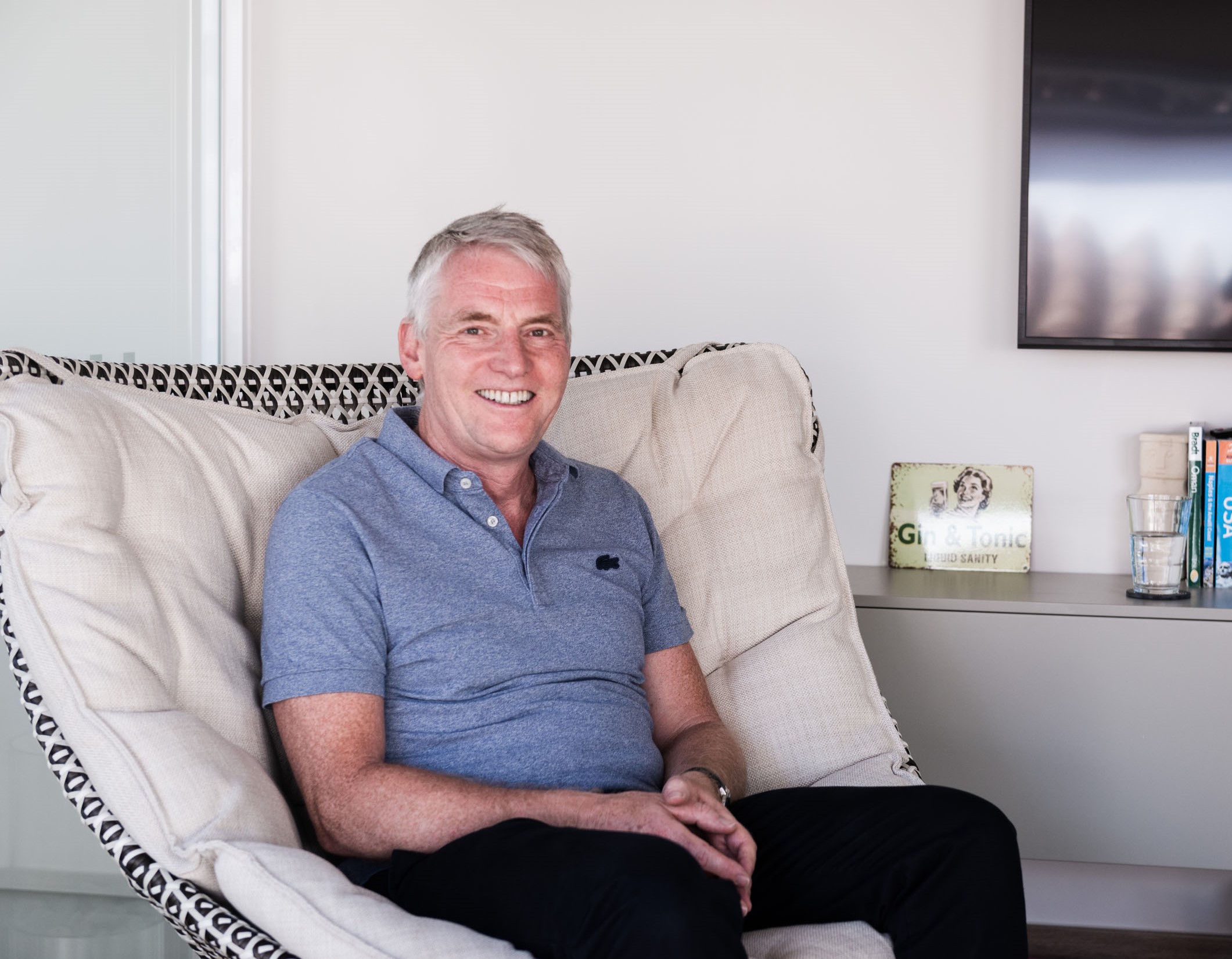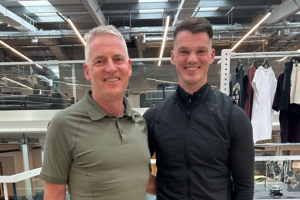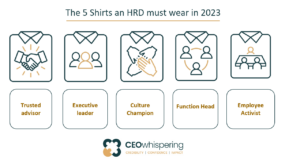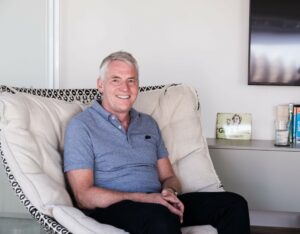Great leaders need clear principles and emotional responses.
As I reflect on my first two years of consulting, my experience reinforces a learning from my 30 years of corporate life – great leadership must both be guided by clear principles and trigger an emotional response.
My journey of the last two years has triggered 3 very different and sometimes conflicting emotions:
Satisfaction – clients often come to me when they are facing an unfamiliar organisation or people problem, and (so far anyway) I’ve been delighted to help each one achieve a satisfactory outcome. Frankly in my 30+ years in HR leadership roles I think I’ve seen most scenarios imaginable so while it may be new to my client, I have experience to draw upon. Assignments have ranged from restructuring of large businesses to the scale-up of a hypergrowth start-up, strategic talent reviews and a variety of M&A activities. The common theme is that business leaders don’t have the resources or experience so I’m able to provide the support needed during the change journey. Really satisfying for both me and my clients.
Stimulation – It has been stimulating to hone new skills on the design and delivery of training content for the ‘Impact & Influence for HR leaders’ programme with David Chapman; David has been patient as I serve my apprenticeship of delivering remote learning effectively – it feels like I’m learning to drive again – so many things are happening at the same time. Its so stimulating to be passing on my experience to future HR leaders and see them sharpen their commercial edge and raise their personal credibility.
Frustration – I keep hearing about leaders’ commitment to raising DE&I in their businesses, yet when asked about using scientifically proven tools to make their candidate assessments more objective and rigorous, they elect to continue with their current processes – and the biases and ‘boxed-in’ thinking therein. Many times over the years I have been reassured by psychometric results to take a risk on a candidate, and it paid off. And yes, on occasions the tests flagged warning signals which I´ve decided to overlook – and then regretted. Its so frustrating when you know that you can help leaders to improve the quality of their people decisions which will directly impact their organisation culture– no doubt a clue as to why the average tenure of Chief Diversity Officers in the US has now dropped to 1.8 years…
Alongside my emotional journey, 3 clear principles have become regular features of my discussions with clients:
‘The hardest work we do is on ourselves’ -a favourite line from my boss at IHG, Kirk Kinsell, former President EMEA and then Americas at IHG. I’ve used this line many times while encouraging leaders to take an uncomfortable step forward on their personal development journeys – if it was easy, they’d have done it already. Thanks for that one Kirk.
‘Culture eats strategy for breakfast’ –when clients are looking to make a significant change, for example a digital transformation or major restructure, homage should be paid to Peter Drucker. No matter how compelling and detailed your strategy is, if leaders don’t over-communicate their purpose and values- and then walk their own talk- the change initiative will fail.
‘Run your own race, not other peoples’. Ensure you frame success in the optimal way for you, not anyone else. Define your strategic goals and then map your short term wins.
My next short term goal is on Sunday, alongside 60,000 other runners, when I’ll be counting each mile in the Great North Run, the world’s biggest half marathon. While there will only be one male, one female and one wheelchair winner, every single person finishing the 13.1 miles will gain a medal and tell their own story of how they made it up South Shields hill to win their personal race.
And then in the year ahead I look forward to helping more businesses transform through their talent- and the satisfaction, stimulation and rich experience that is created.






